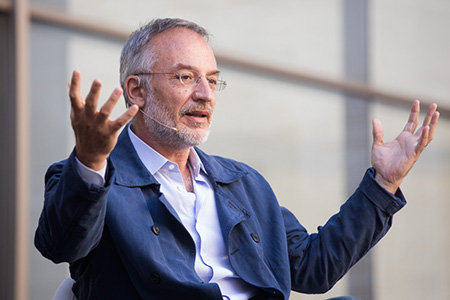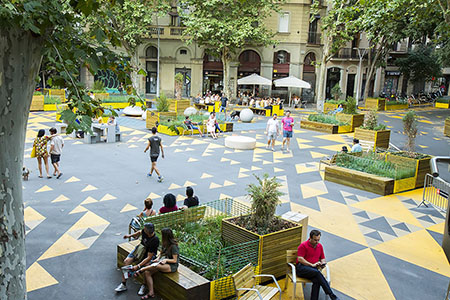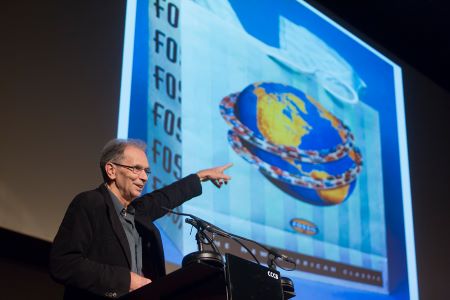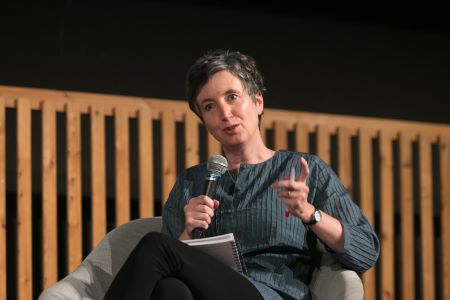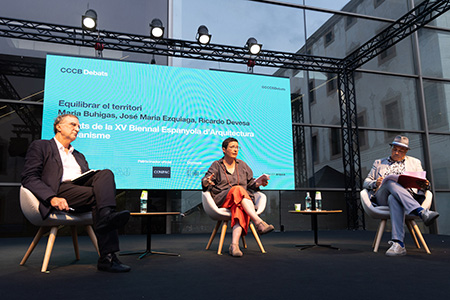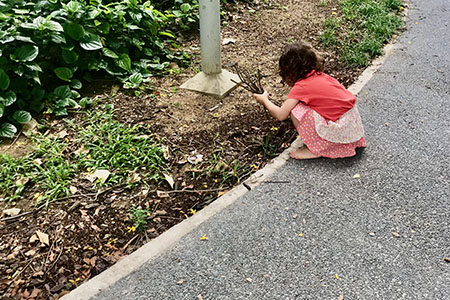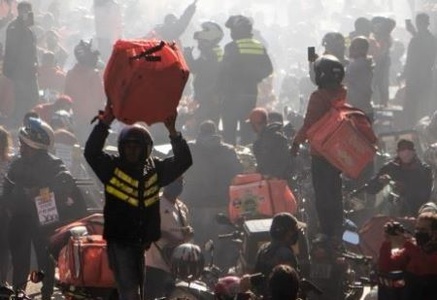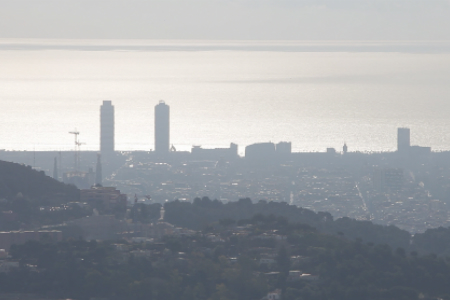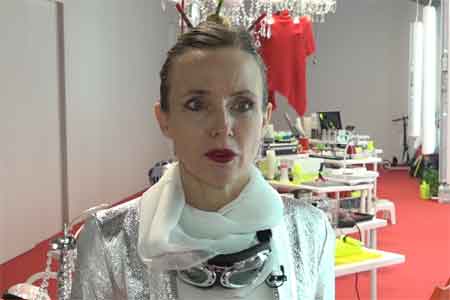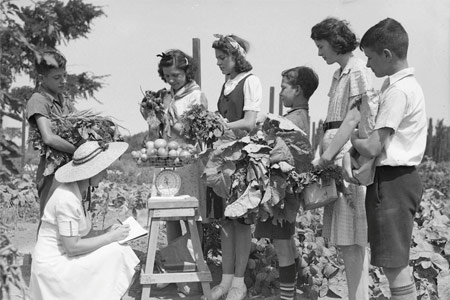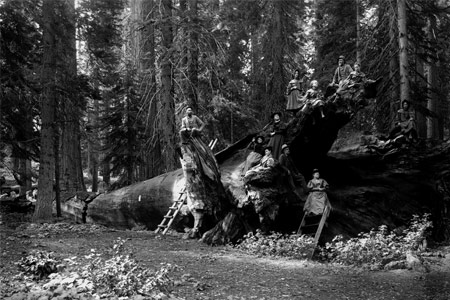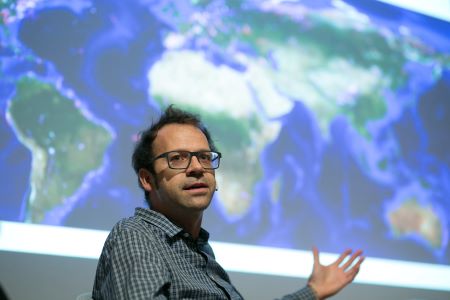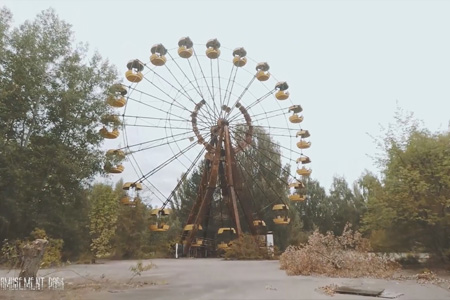Cities, Climate Crisis and Global Health
How is the climate crisis affecting people in big cities? The scientific community warns that air pollution, the lack of or disappearing green spaces, and traffic and noise from private transport are just some of the problems that affect people’s health both locally and globally. What should cities be like or how should they change to make them more liveable? What can we as citizens do to live better in our cities?
Stefano Mancuso
Phytopolis: The City of Tomorrow
In response to the challenge of combining the exponential urban growth with problems occasioned by the climate emergency, the writer and researcher Stefano Mancuso, pioneer in the study of vegetal neurobiology, suggests that we should learn from living systems in order to develop new strategies that would make cities more sustainable in future.
In the Green City
Gabi Martínez
Reducing the number of cars is essential for this reconquest of space, because the less tarmac roads there are, the more land there is for planting.
John Urry and Salvador Rueda
Urban planet: mobility in the cities of the future
Is it possible to rethink urban growth and plan mobility with a view to achieving a healthier, more sustainable and socially just future? Urban growth seems to be unstoppable. It is calculated that, by 2050, 70% of the world’s population will be living in urban environments and, even ...
Suzanne Hall and Nigel Thrift
Cities and the Anthropocene
Cities are now the main human habitat and forecasts indicate that they will continue to grow in the coming years. The sociologist Suzanne Hall and the expert in human geography Nigel Thrift, two leading figures today in the study of urban life, discussed about the situation of cities in the ...
Balancing the Territory
Debates in the context of the Spanish Biennial of Architecture and Urbanism
Striking a balance between the more and less populated areas of the territory in a scenario marked by the effects of the pandemic and the energy crisis is the focus of this dialogue between José María Ezquiaga, Maria Buhigas and Ricardo Devesa.
A Wilder Here
Sarah Mineko Ichioka
Cities offer hope as possible sites of reconciliation between different communities of humans, and between us and other species.
The Pandemic, Southern Urbanisms and Collective Life
Gautam Bhan, Teresa Caldeira, Kelly Gillespie, AbdouMaliq Simone
In this article Gautam Bhan, Teresa Caldeira, Kelly Gillespie i AbdouMaliq Simone analyse collective life of the urban majority in the massifying cities of the global south where auto-construction, patchwork infrastructure and services, and tacit local economies define the condition of life for the majority. The design of lockdowns, that are impossible to comply in these circumstances, only exacerbate ongoing structural racisms and class and gender inequalities.
The ideal city (Ideas around Public Health)
Soy Cámara online
What is a healthy city like, or what should it be like? What are its defining characteristics? How is it gauged? How healthy is Barcelona? What are the principal challenges and goals to be met in the field? This programme offers some ideas and reflections on the concept of health in the urban context in the form of conversations with specialists.
Natalie Jeremijenko: "We are all creative independent agents"
Interview to the artist and engineer
The artist, engineer and inventor Natalie Jeremijenko has developed this field of mutualistic socio-ecological systems design. Her projects take participation and collaboration between humans and non-humans as their starting point for forging our relationship with nature. Jeremijenko was invited ...
Next Stop: City Station
Núria Jar
The exhibition “After the End of the World” spread out over the city of Barcelona through diverse citizen science actions that aimed to improve the city’s environmental health. Núria Jar, journalist who specialises in science and health, writes about the initatives ...
Anaib Jain and Jon Ardem: "How do you imagine your house in 2050?"
Interview with the fiction desgin studio Superflux
The fiction design studio Superflux (IN/UK) transports us to an apartment in London in the year 2050, a time when droughts and hurricanes have altered our dietary routine. Superflux create worlds, stories, and tools that provoke and inspire us to engage with the precarity of our rapidly changing ...
Frederic Bartumeus, Xavier Rodó and Mercè Folch
New clima, new diseases?
ICREA research professors, Frederic Bartumeus (CEAB-CSIC) and Xavier Rodó (ISGlobal) and journalist Mercè Folch, discuss the role of climate change in the emergence and expansion of infectious diseases. Indeed, the experts warn us that climate change could pose the greatest threat ...
Wild cities
Soy cámara online
The only way we can now imagine the cities of the future is as exemplifying a new contract between urban space and natural space, which can no longer be usually exclusive. The recent presentation of vertical forests built by the studio of Stefano Boeri in Paris serves as an excuse to imagine ...
